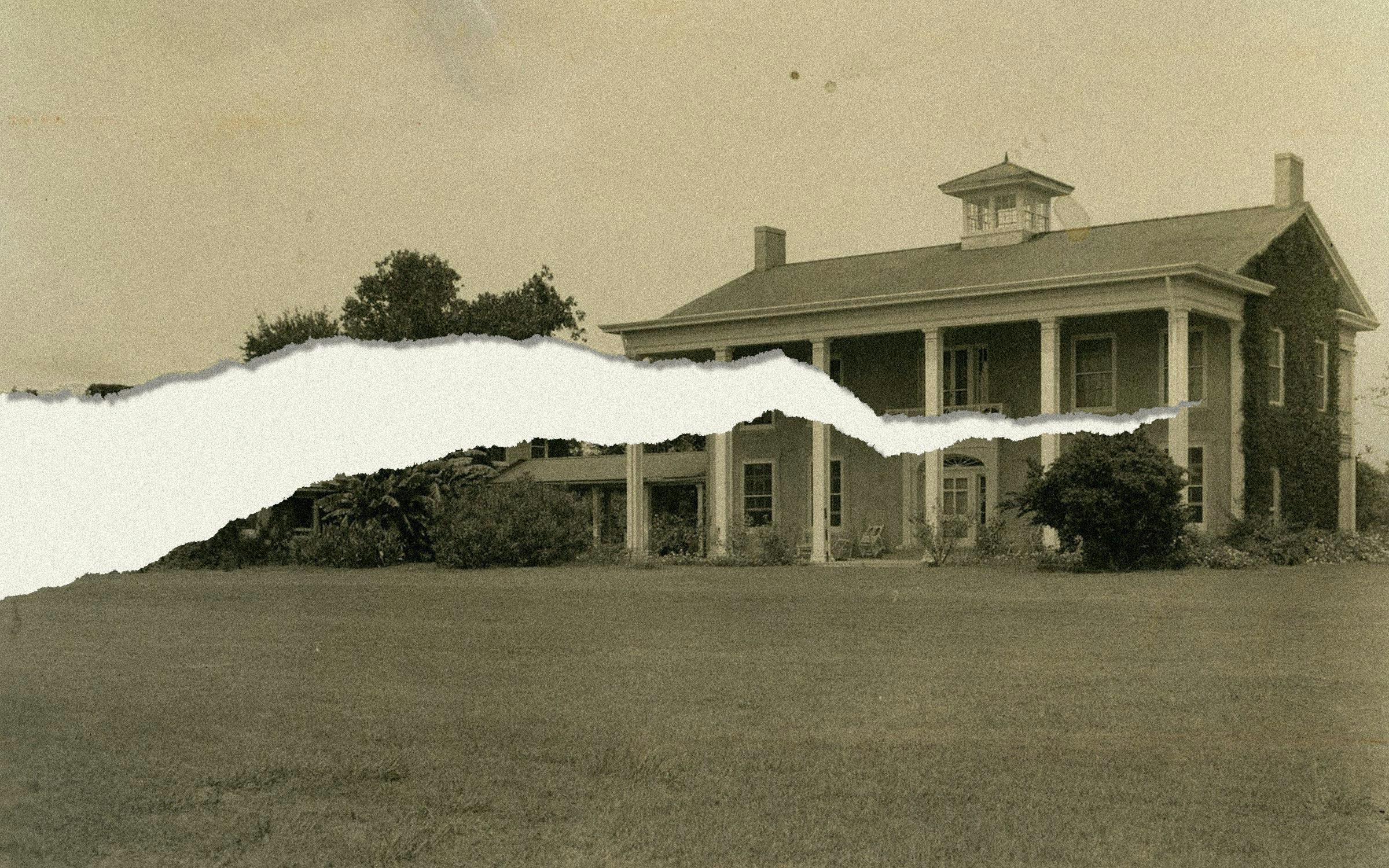After visiting the Varner-Hogg plantation an hour south of Houston, amateur historian Michelle Haas was incensed by what she had seen. At an exhibit that details the farm’s use as a sugar plantation worked by at least 66 slaves in the early nineteenth century, she’d watched an informational video. To her mind, it focused too much on slavery at the site and not enough on the Hogg family, which had turned its former home into a museum celebrating Texas history. She’d also seen books in the visitor center gift shop written by Carol Anderson and Ibram X. Kendi, two Black academic historians who have been outspoken on the issue of systemic racism. Outraged, she emailed David Gravelle, a board member of the Texas Historical Commission, the agency that oversees historical sites at the direction of leaders appointed by Governor Greg Abbott. “What a s—show is this video,” Haas wrote on September 2, 2022. “Add to that the fact that the activist staff member doing the buying for the gift shop thinks Ibram X. Kendi and White Rage have a place at a historic site.”
Over the next eight months, Haas continued to email Gravelle, advocating for such books to be removed. In turn, Gravelle, a marketing executive based in Dallas, took up the cause internally at the Historical Commission, calling on agency staff to do away with the titles Haas didn’t think belonged at the gift shops. By November of this year, it appeared Haas’s demands were met. The Texas Historical Commission no longer sells White Rage by Anderson or Stamped From the Beginning by Kendi, or 23 other works to which Haas later objected, at two former slave plantations in Brazoria County, including Varner-Hogg. Among the literature no longer available for purchase is an autobiography of a slave girl, a book of Texas slave narratives, the celebrated novel Roots by Alex Haley, and the National Book Award–winning Invisible Man by Ralph Ellison.
Much, much more at the link below...

 www.texasmonthly.com
www.texasmonthly.com
Sadly, the attacks continue on culturally significant books about slavery. What do you think?
Over the next eight months, Haas continued to email Gravelle, advocating for such books to be removed. In turn, Gravelle, a marketing executive based in Dallas, took up the cause internally at the Historical Commission, calling on agency staff to do away with the titles Haas didn’t think belonged at the gift shops. By November of this year, it appeared Haas’s demands were met. The Texas Historical Commission no longer sells White Rage by Anderson or Stamped From the Beginning by Kendi, or 23 other works to which Haas later objected, at two former slave plantations in Brazoria County, including Varner-Hogg. Among the literature no longer available for purchase is an autobiography of a slave girl, a book of Texas slave narratives, the celebrated novel Roots by Alex Haley, and the National Book Award–winning Invisible Man by Ralph Ellison.
Much, much more at the link below...

The Texas Historical Commission Removed Books on Racism and Slavery From Plantation Gift Shops
An agency spokesperson claimed that the move had nothing to do with politics. Internal emails show otherwise.
Sadly, the attacks continue on culturally significant books about slavery. What do you think?

